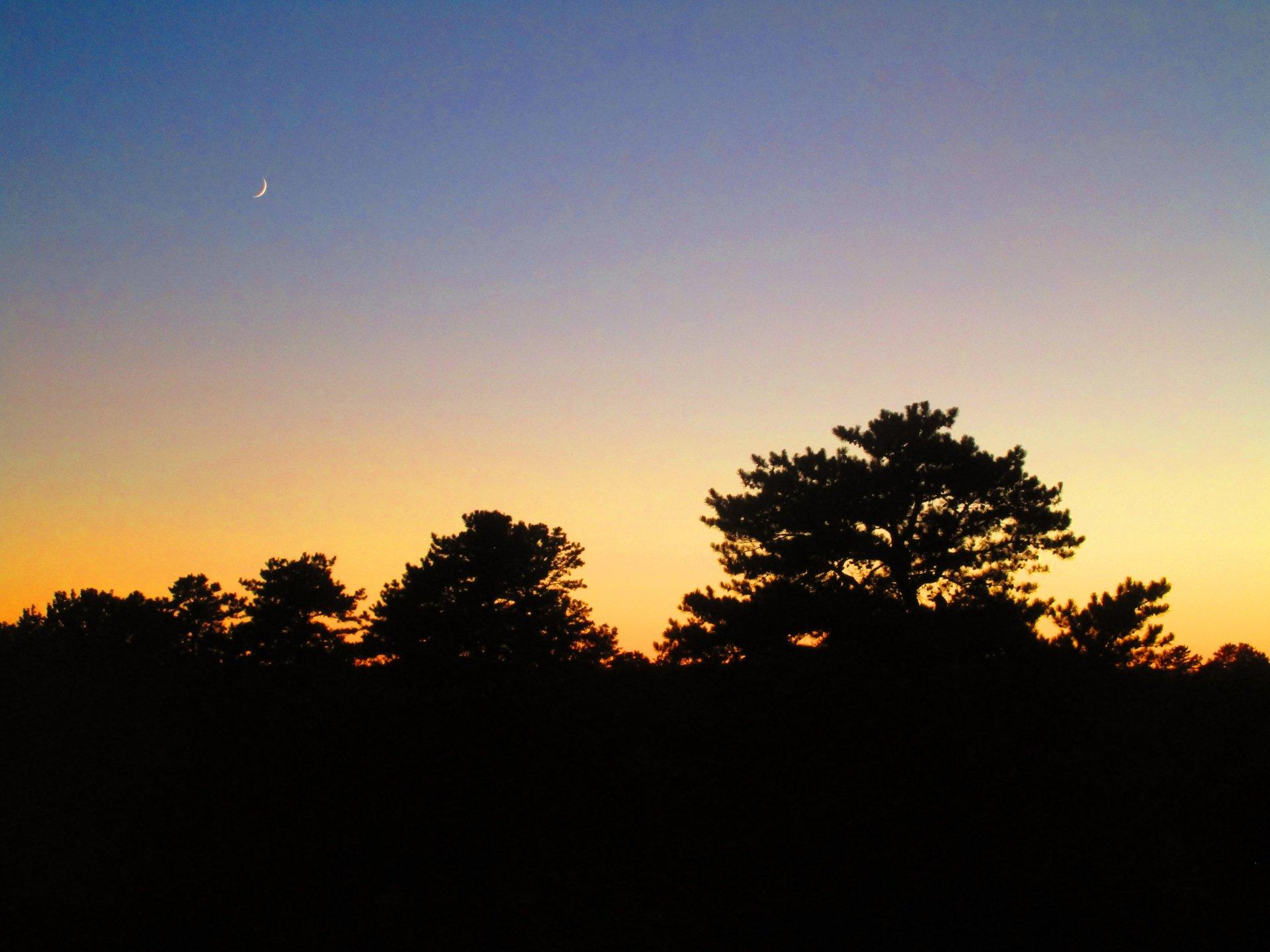by Tom Ellis
ONLINE: Long-time local environmental leader and former U.S. Environmental Protection Agency regional administrator Judith Enck spoke on “Cleaning the Air” at the June 17 Virtual Vegetarian/Vegan Lasagna Dinner. Judith spoke primarily about Lafarge and Norlite.
She began with the state-owned ANSWERS trash incinerator that operated, with high lead and dioxin emissions, in Albany during the 1980s and 1990s. Judith said SPB members Rezsin and Ted Adams, and John Wolcott played a large role in closing it. After black soot fell twice [in early January, 1994] on freshly fallen snow and much of downtown Albany including the Governor’s Mansion, now-retired NYS DEC (Department of Environmental Conservation) wildlife pathologist, Ward Stone, took samples, quickly leading to the incinerator’s permanent closure.
Judith said there are two serious air pollution threats to the capital district today: Lafarge on Route 9W in Coeymans and Norlite in Cohoes. Judith said that passage of Local Law B by the Albany County Legislature (ACL) would deal effectively with both Lafarge and Norlite. She urged listeners to contact their county legislators urging passage of Local Law B and ask friends to do the same.
Lafarge, Judith said, is one of two cement plants in NYS, and has historically been a major polluter, especially of mercury. Despite the facility being largely upgraded when rebuilt during the past decade, in response to an EPA law suit, Lafarge had more than 2700 tons of air emissions in 2018. Thus Lafarge remains a major air polluter.
Lafarge desires to replace some of its coal fuel with tires to increase profits. DEC has approved the tire burning without requiring preparation of any environmental impact statement. Lafarge is located directly across Route 9W from two public schools.
Judith said Mike Ewall of the Energy Justice Network learned in December 2017 that Connecticut was planning to burn 1/3 of its garbage at Lafarge. Lafarge denied it, but Judith had documents. The Coeymans Town Board quickly blocked the trash burning. The Albany County Legislature is now considering Local Law B to assure no tire burning. It is sponsored by legislators Reinhardt, Cunningham, Miller, and Simpson.
Turning to Norlite, Judith said that in February, she learned Norlite had been burning highly toxic PFAS/AFFF firefighting foam that is used to put out fires. Norlite was one of four businesses nationwide that had contracts with the US Department of Defense to burn (destroy) the fire suppressant materials. The public had not been informed; nor was there any environmental review when two-million pounds were burned in 2018-2019. Judith said there is no data establishing that the AFFF is completely destroyed during combustion.
Judith said soil and water tests conducted by Bennington College and released in April found PFAS chemicals in the soil and water downwind from Norlite. Seventy families live nearby in public housing.
Judith said Cohoes has an excellent new mayor, Bill Keeler, who led the city government to enact a one-year PFAS burning moratorium in April. In June, the NYS Assembly and Senate unanimously passed legislation (A9952 and S7880), that if signed by Governor Cuomo would permanently ban the burning of PFAS-laden firefighting foam in Cohoes. Judith said it is unknown if the governor will sign the bill after the legislature sends it to him.
Norlite and Lafarge, said Judith, are wealthy multinationals but we have the facts and people power. The Hudson and Mohawk River valleys and their residents, she said, are threatened by both corporations.
During the questions and comments, Judith said people may wish to try to personally lobby the governor as he walks his dog in the Mansion Neighborhood. She said few people contact their county legislators; thus if we did, it might impact their views and votes.
She said DEC responded to Bennington College’s soil and water tests saying it would not conduct any. DEC allowed two years of test burning of the PFAS/AFFF without any test burn, she said, and the worst thing to do with firefighting materials is to burn them in part because they are difficult to burn.
I mentioned that during the past twenty years the U.S. Military often burned discarded materials of all types in open pits in Iraq not far from where US soldiers were stationed, and this may be a partial cause of the Gulf War illnesses that plague large numbers of US veterans.
Additional notes: The county legislature will hold a Tuesday, July 28 public hearing on proposed Local Law B and vote on it on Monday, August 10, at which point there would also be one-hour of public comment. These are likely to be virtual events. The legislature has not met in person since March.
Published in July/August 2020
Save the Pine Bush Newsletter
